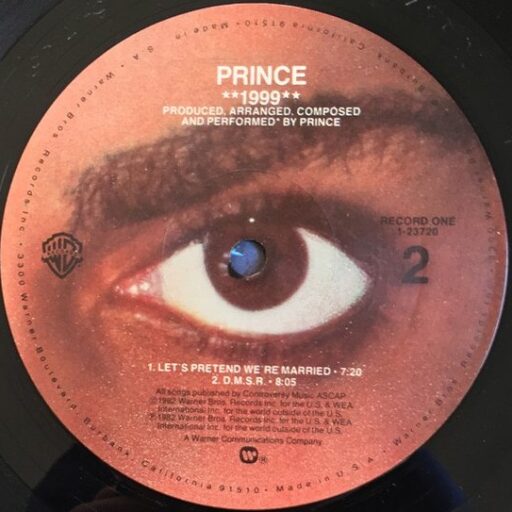Tag: enterprize
-
Podcast: 40 Years of Dirty Mind
Darling Nisi and Harold Pride return for a third episode in our series of in-depth retrospectives on Prince’s albums, this one for the 40th anniversary of 1980’s Dirty Mind.
-
Girl (1981)
“Girl” feels like bad karaoke, an impression that is only enhanced by the bland, lifeless arrangement.
-
Partyup
What makes “Partyup” more than just ’60s fan fiction is the music: a lithe, infectious punk-funk groove, branded with the prophetic genre designation of “revolutionary rock and roll.”
